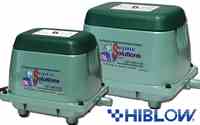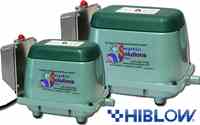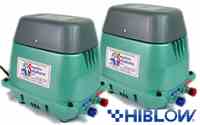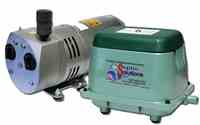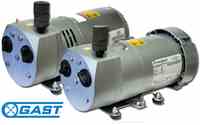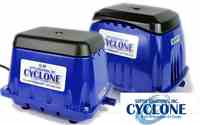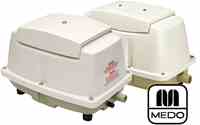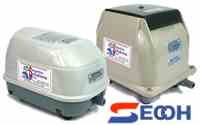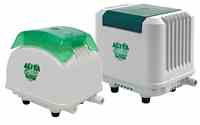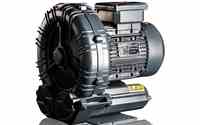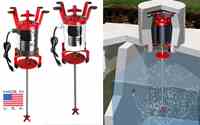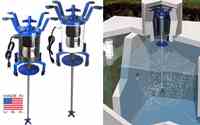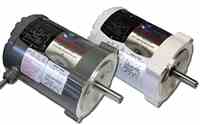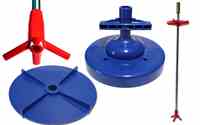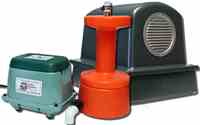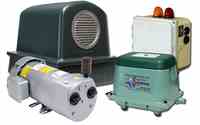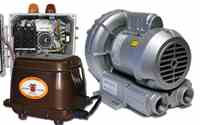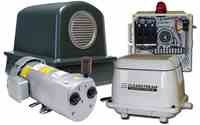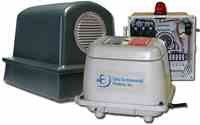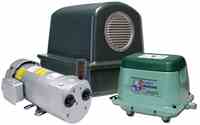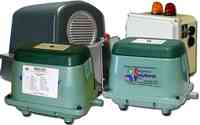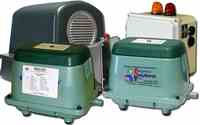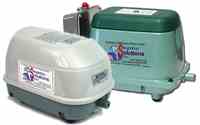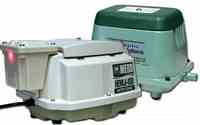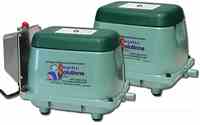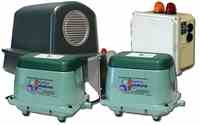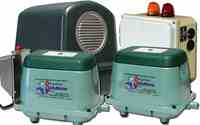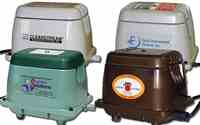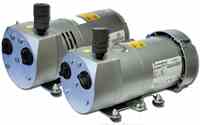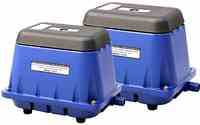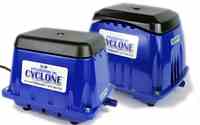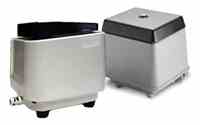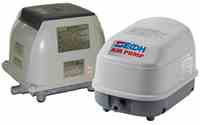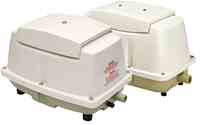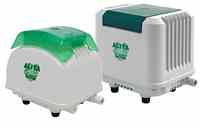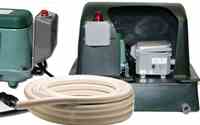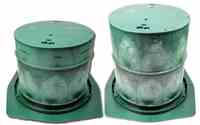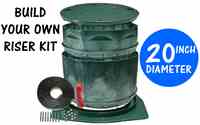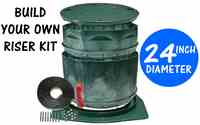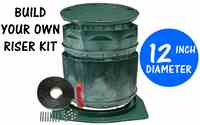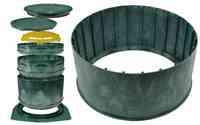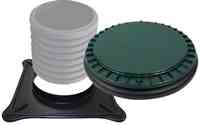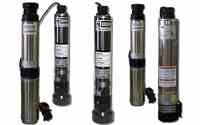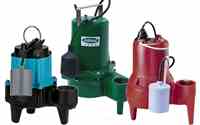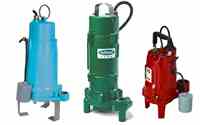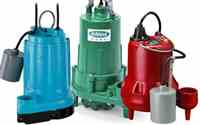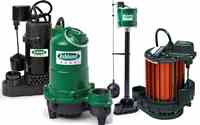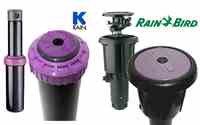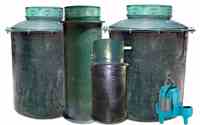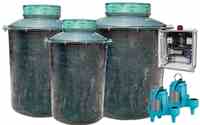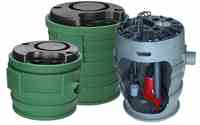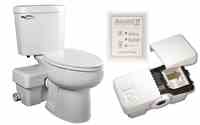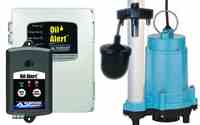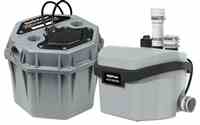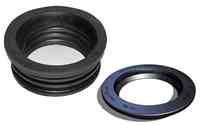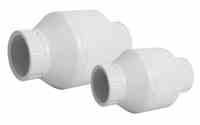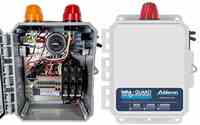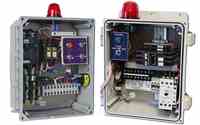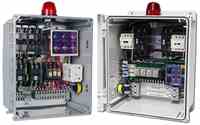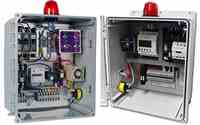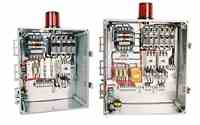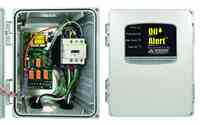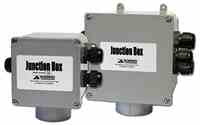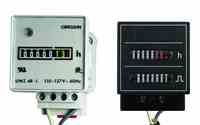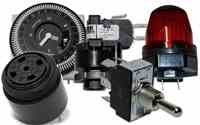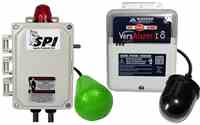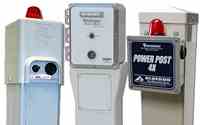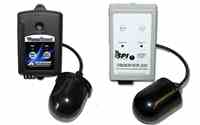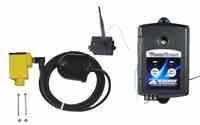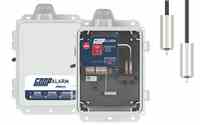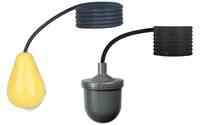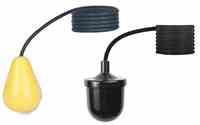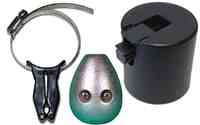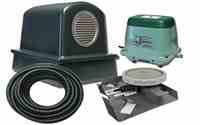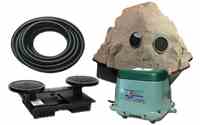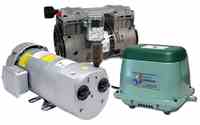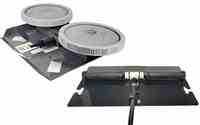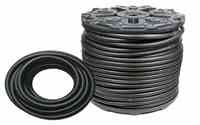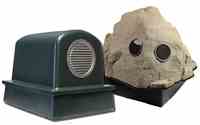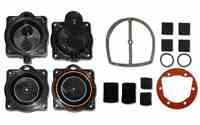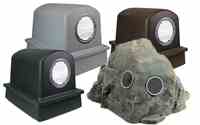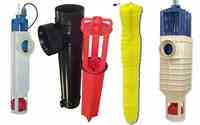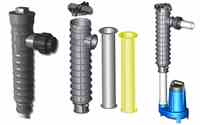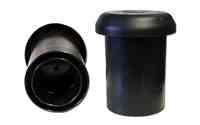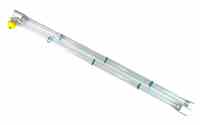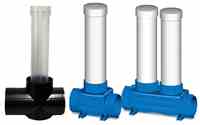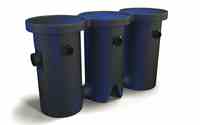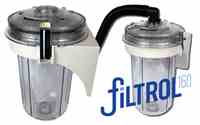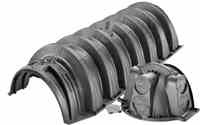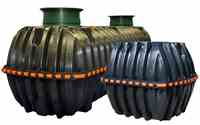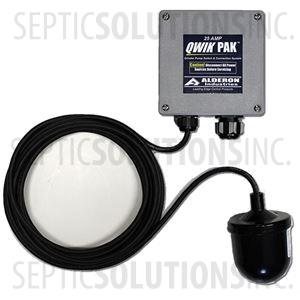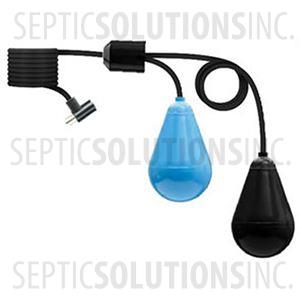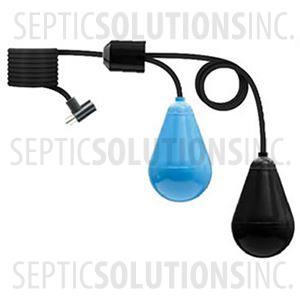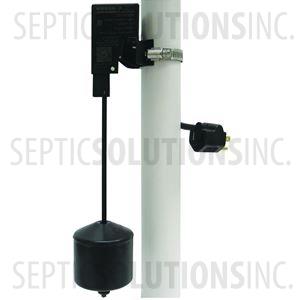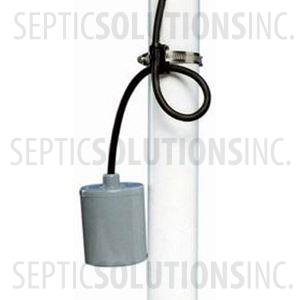Pump Duty Septic Float Switches
15' Cable Length
- Alderon Qwik Pak High Amp with 15' Cord and Junction Box
25 Amp, Mechanical, Normally Open
Item #:7803
Our Price: $155.00MSRP: $185.00Free ShippingView Product - Double M-Navigator with 15' Cord, 120VAC Piggyback Plug
15 Amp, Mechanical, Normally Open
Item #:20A505
Our Price: $168.00MSRP: $203.00Free ShippingView Product - Double M-Navigator with 15' Cord, 240VAC Piggyback Plug
15 Amp, Mechanical, Normally Open
Item #:20A506
Our Price: $173.00MSRP: $184.00Free ShippingView Product - Alderon VertiMAC Sump Pump Switch with 15' Cord, Piggyback Plug
13 Amp, Mechanical, Normally Open
Item #:2000530
Our Price: $79.00MSRP: $105.33Free ShippingView Product - SJE PumpMaster Plus with 15' Cord, Piggyback Plug
15 Amp, Mechanical, Normally Open
Item #:15PMPD1WP
Our Price: $65.00MSRP: $69.00
PUMP DUTY FLOAT SWITCHES - AUTOMATE PUMP OPERATION
Pump duty float switches are essential for controlling pumps in septic tanks, sump pumps, and wastewater systems. At Septic Solutions, our floats are built to deliver:
- Superior Durability: Constructed with rugged materials to withstand corrosive septic environments.
- Accurate Pump Control: Automatically manage pump cycles to maintain optimal liquid levels and prevent system overload.
- Versatile Compatibility: Compatible with a wide range of pumps and septic system configurations.
- Simple Installation: Designed for hassle-free setup, saving you time and effort.
How to Choose the Correct Pump Duty Switch?
When choosing a float switch to control the operation of a pump, the first question that needs to be answered is about amperage. Since the power for the submersible pump will be flowing through the float switch it will need to be able to at minimum handle that amperage. Our most popular floats come in the following levels: 13 amps, 15 amps, and 25 amps.
Once you determine which amperage float you need for you application a decision will need to be made about how this float will be installed. Our float switches come either with a piggy-back plug or without a plug.
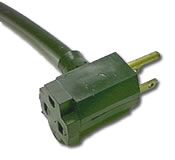 If you purchase a float switch with a piggy-back plug the installation is very simple. The plug on the float switch will plug-in to a power outlet, and then the pump will plug into the piggy-back outlet on the back of the float. That is all there to it, your pump will only come on when the float is in position to allow it.
If you purchase a float switch with a piggy-back plug the installation is very simple. The plug on the float switch will plug-in to a power outlet, and then the pump will plug into the piggy-back outlet on the back of the float. That is all there to it, your pump will only come on when the float is in position to allow it.
Pump switches without a piggy-back plug must be hard wired, and this gets a little more complicated. Floats are all two wire so to install on a pump you must splice the float switch in the “HOT” line coming from the power source. This splice should be done in a control panel or waterproof junction box to ensure that the connection does not get wet and cause a short.
The last option that you have available is whether to use mercury or mechanical. Mercury switches use a small amount of mercury liquid to open and close the contacts. Mechanical switches have a ball bearing on a track that moves back and forth. While mercury switches are said to be more reliable, they are not allowed by law to be used in some states (see our website) and are only available in 13 amps.
Applications for Pump Duty Float Switches
Our float switches are ideal for:
Septic tank pump control
Sump pump systems
Wastewater treatment systems
Effluent and sewage pump applications
Why Shop with Septic Solutions?
With over 30 years of expertise, Septic Solutions is your go-to destination for septic system components. When you choose us, you get:
Premium Quality: We stock only the best pump duty float switches from trusted manufacturers.
Expert Support: Our knowledgeable team is ready to help you select the right float switch for your system.
Fast, Reliable Shipping: Get your products quickly to keep your septic system running smoothly.
Competitive Pricing: High-quality solutions at prices that fit your budget.


